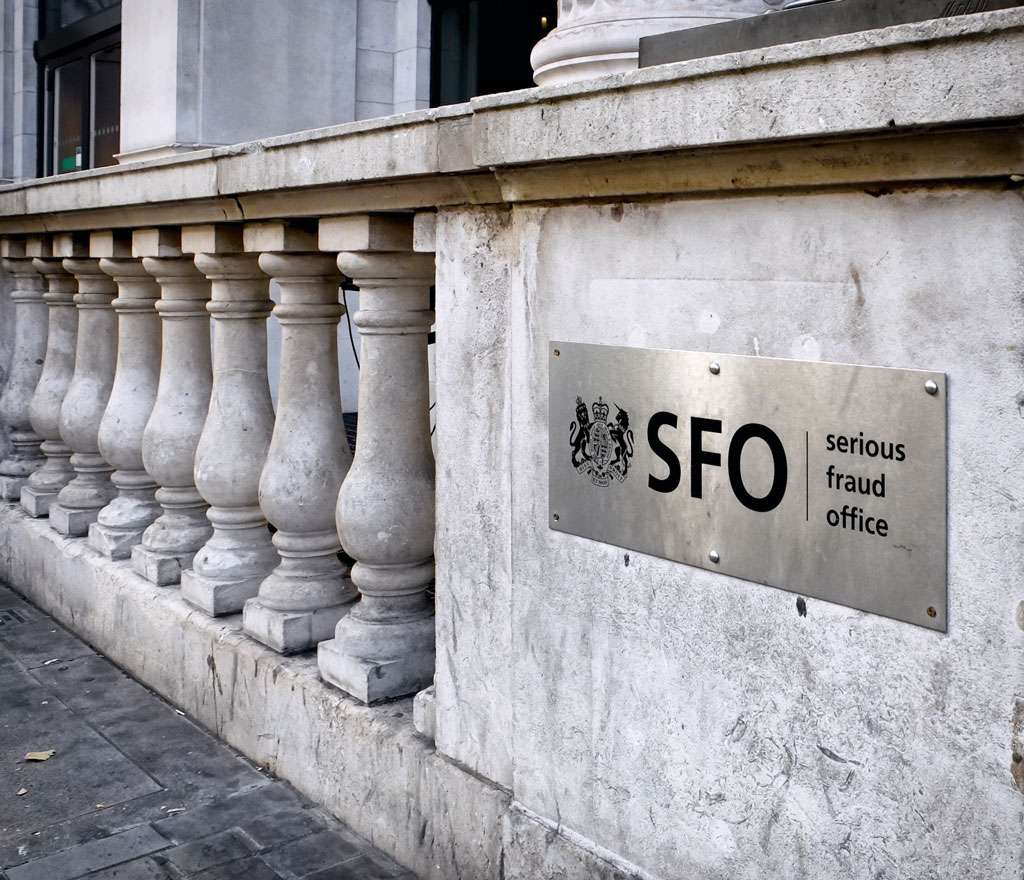
Does ENRC represent a missed opportunity for legal professional privilege, asks Tom Dane
- This decision provides a short term recalibration of the law. However, the long overdue opportunity for the Supreme Court to provide clarity as to the scope of legal professional privilege is still no nearer.
The Court of Appeal’s decision last month in The Director of the Serious Fraud Office v Eurasian Natural Resources Corporation Limited [2018] EWCA Civ 2006, has been heralded as a success for the legal profession in protecting the boundaries of legal professional privilege. The decision certainly provides a welcome short term recalibration of the law, particularly in the context of internal investigations. However, the long overdue opportunity for the Supreme Court to provide clarity as to the scope of legal professional privilege is still no nearer.
The First Instance Decision
The facts of ENRC will no doubt be well known and can be summarised briefly: various internal investigations were carried out by ENRC’s external lawyers and accountants against the backdrop of allegations of criminal activities









